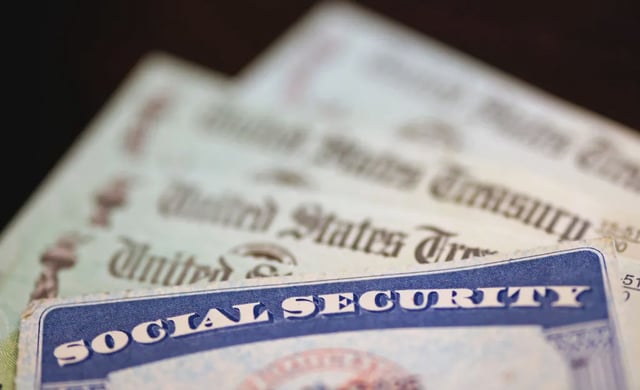Overview
- Starting September 30, benefits will be sent by direct deposit or the Treasury-backed Direct Express prepaid debit card instead of paper checks.
- SSA says fewer than 1% of nearly 70 million recipients still receive paper checks, so the change affects a small group.
- Paper checks will continue only in limited hardship cases for people with no viable electronic option, with Treasury waivers covering issues like severe impairment, remote residence, or age 90 and older.
- The move follows a March executive order to digitize federal payments, with SSA outreach to paper-check recipients ramping up since July.
- Officials cite security and savings, noting paper checks are 16 times more likely to be lost or stolen and cost about 50 cents versus under 15 cents for electronic transfers.

